Task Manager Won't End Task: How To Force Kill It
5 min. read
Updated on
Read our disclosure page to find out how can you help Windows Report sustain the editorial team. Read more
Key notes
- From time to time, Task Manager can malfunction.
- Users have reported that their Task Manager won't end tasks when asked to.
- You can force quit a task using various other methods as well, including a command prompt command.

If you’ve ever tried to close a program in Windows only to get the dreaded ‘Not Responding’ message, you know how frustrating it can be.
When a program crashes, or even hangs/freezes, your first move is usually to kill it using the Task Manager, which is perfectly fine.
Sometimes Windows will even give you options to either close the program or End Now, or wait for it to respond. But the worst part is if it glosses over with a grayed out screen and a constantly rotating circle that shows the program isn’t going anywhere any time soon.
Moreover, there are programs that can freeze without alerting you, but, if you’d like to fix the problem when the task manager can’t end a task, read on.
What can I do if Task Manager won’t end a task?
Here you can find some preliminary fixes to try out before applying more complicated solutions:
- Hit CTRL+ALT+DEL and select sign out to end the task much faster. However, it is important to note that not all processes can be stopped using Task Manager.
- You can also reboot your computer if you’re not seeing any progress with Task Manager or there’s no response from Windows at all.
1. Use the Taskkill command
This involves using the Command Prompt to kill a specific process, though it is cumbersome to keep opening it each time a program freezes or stops responding. To do this:
- Right click on your desktop
- Select New
- Select Shortcut
- >Enter a location for the shortcut
- Paste the command: taskkill /f /fi “status eq not responding”
- Press Finish once you’re done
The Taskkill command kills a process that is not responding or is frozen, by telling the command to forcefully kill the specific task, and run only on processes that meet the filter criteria (which is the text in quotes). This way, only the process with the Not Responding status will be killed.
You can hasten this process using a keyboard shortcut. To do this:
- Right click your new shortcut
- Select properties
- Under Shortcut tab, click Shortcut key box and set a custom shortcut
- Windows will add CTRL+ALT automatically to any letter you press (you can change to CTRL+Shift if you want)
- A command prompt window will be launched, set Run to Minimized so that it doesn’t flash when you press the shortcut
You can also use the steps below to kill the non-responsive process in Windows 10:
- In the search bar, type CMD and right click Command Prompt then select Run as administrator
- In the command prompt window, type the command tasklist to view all tasks that are running
- Type the command taskkill /notepad.exe/taskname/F (F means forcefully). If you want to know the type of file (in this case notepad.exe), run the command TASKKILL / ?
- Depending on the process you want to kill, type IM before the file type and press enter e.g. taskkill / IMnotepad.exe
- You’ll get a message saying “Sent termination signal to the process notepad.exe with PID 4624 (PID is process ID defined by the computer system). If you know the PID of a task, you can run the taskkill command but instead of the file type, insert the PID of the process you want to kill. To kill more than two processes simultaneously, enter the process ID sequentially with the prefix PID
2. Use ALT+F4
This is a keyboard shortcut that performs the same program closing effect as tapping the X on the top right corner of a program window. To do this:
- Tap on the program you want to force quit
- Press and hold down the ALT key
- Press F4 once while holding down ALT then let go of both keys at the same time
3. Use Task Manager to force quit
If the above solutions didn’t help solve Windows 10 won’t end task problem, try using Task Manager to force the unresponsive program to quit. To do this:
- Press CTRL+SHIFT+ESC to open Task Manager
- Find the program you want to force quit and Task Manager will direct you to its process under Processes tab in the Name column
- Right click on it and select Go to details
- Don’t press End task
- Right click on the highlighted item
- Select End process tree while under Details Tab
Note: If you get a warning saying “Do you want to end the process tree of [program file name], it is okay. It means the selected program will be closed and any other processes it started that froze. This should help you get rid of the end task not working in Task Manager issue.
4. Create a new admin profile
If Windows 10 won’t end tasks, it may indicate a corrupted profile. To resolve this, create a new admin profile and use it for a while. If it works, move your files to the new profile and delete the old one.
After creating a new account and login, try running Chkdsk in repair mode to check for any files that may have been damaged and correct them. To do this:
- In the search bar, type CMD and right click Command Prompt then select Run as administrator
- In the command prompt window, type chkdsk /f /r /x (leave spaces between the letters as shown)
- Press Enter
- A note that the process can’t run until you restart will display, type Y for yes and press Enter again
- Close Command Prompt and restart the computer
Chkdsk will run after you restart and take some time to complete (about two hours or so). Once it finishes, boot normally and login normally and see if the tasks are working well again.
Were you able to resolve the Task Manager won’t end task issue using the above solutions? Let us know in the comments section below.
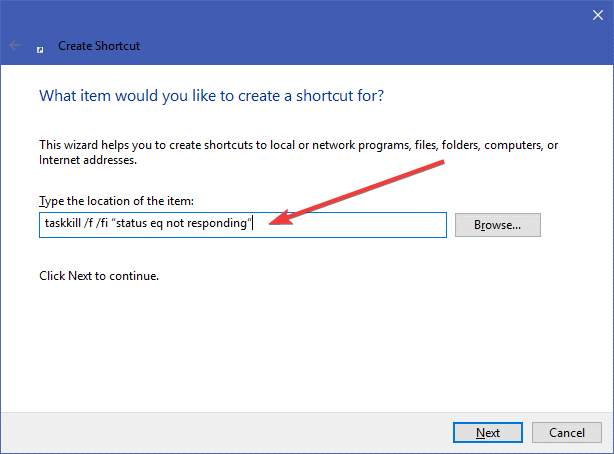
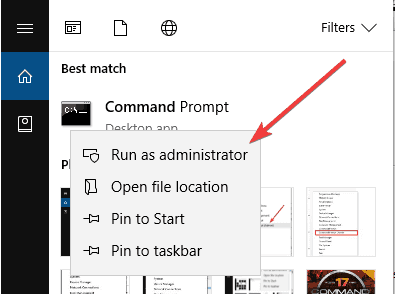
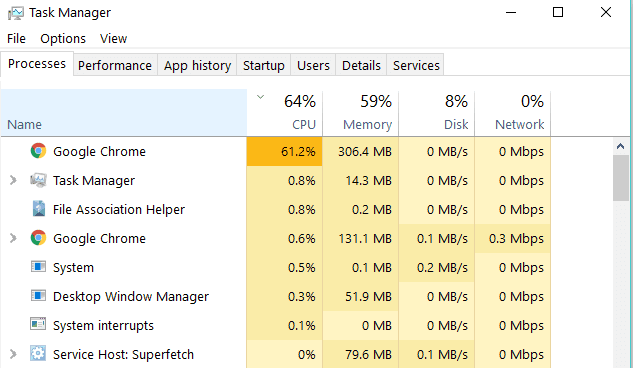

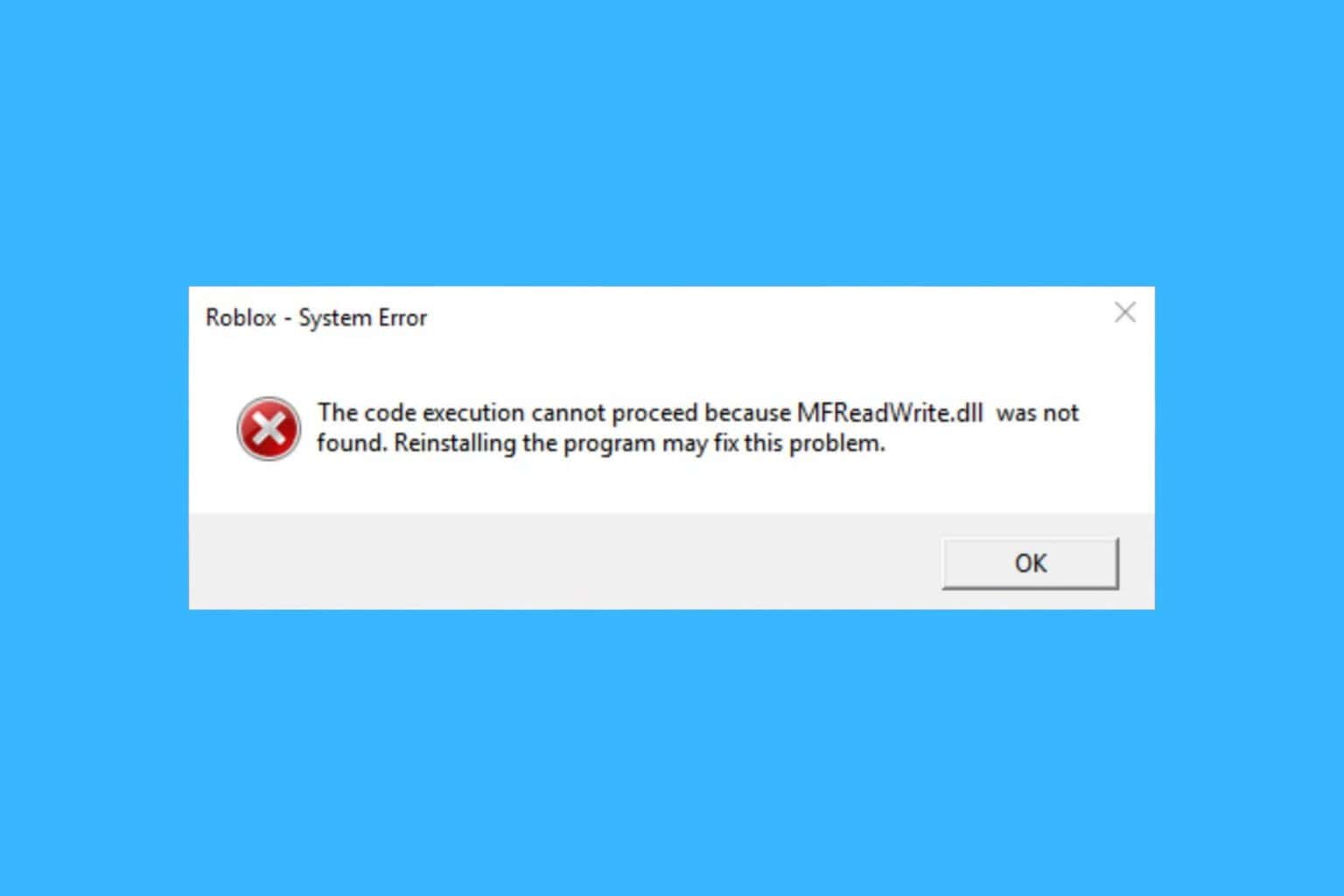
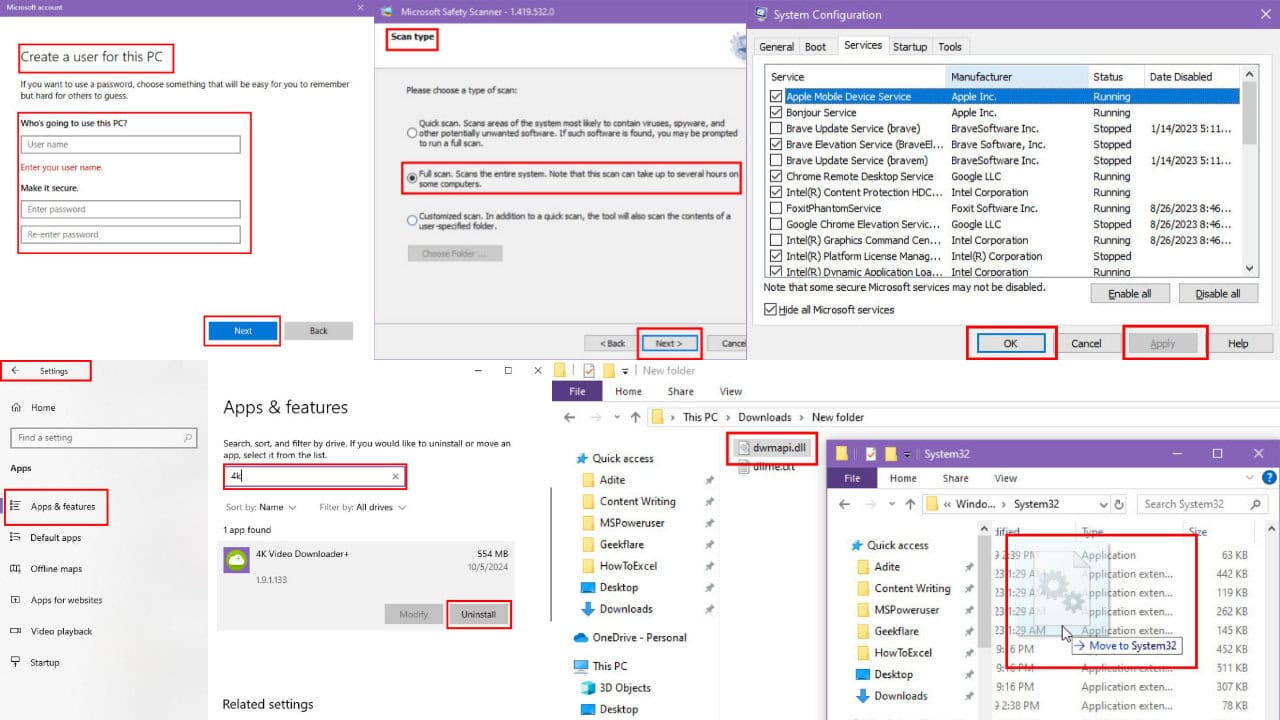
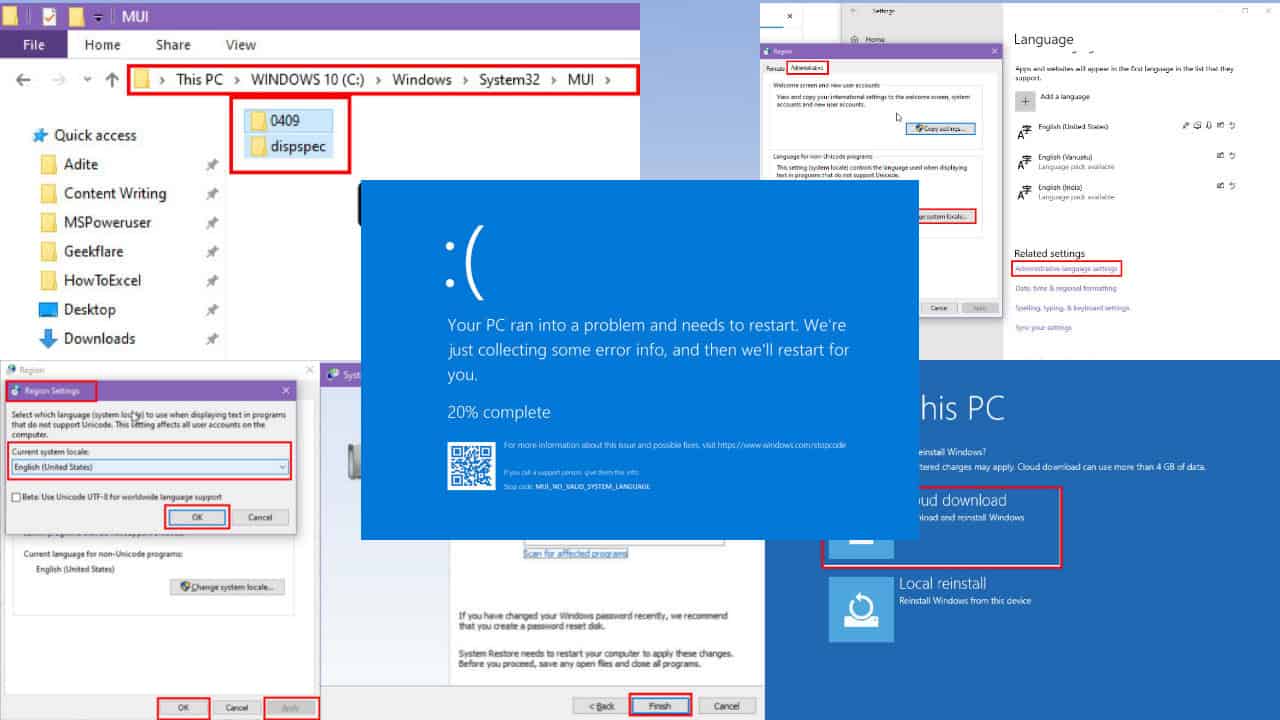
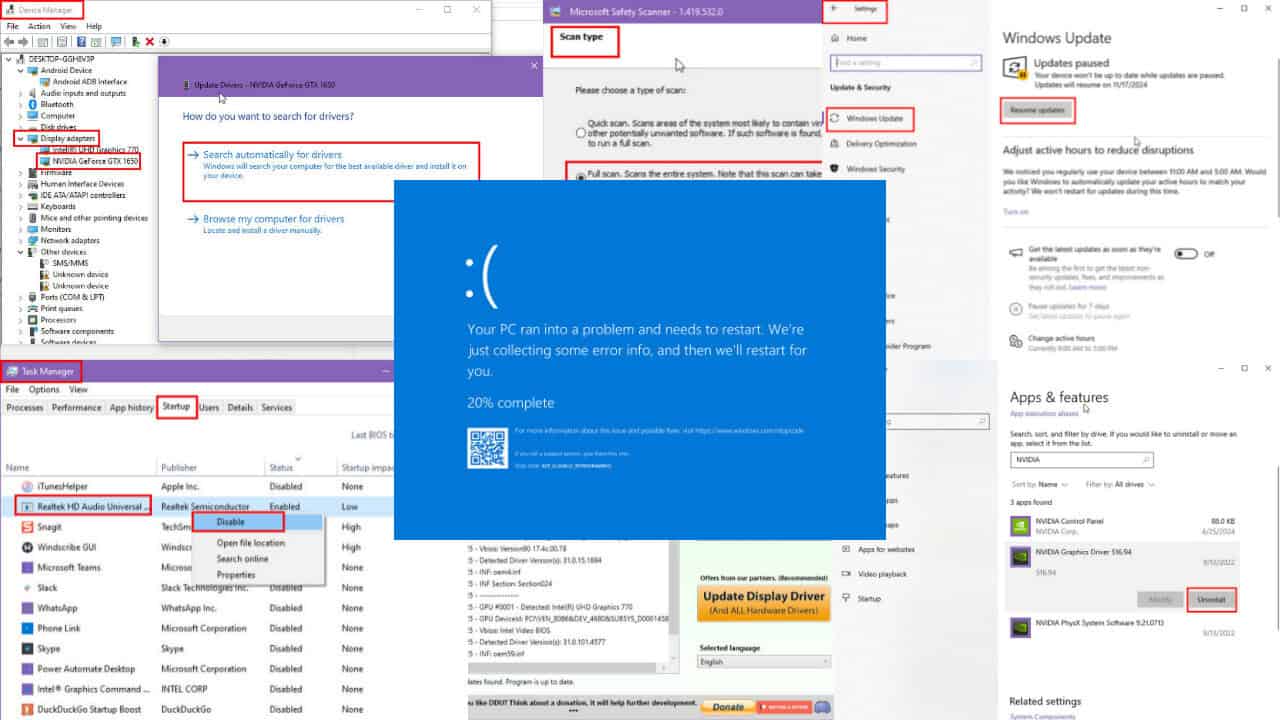
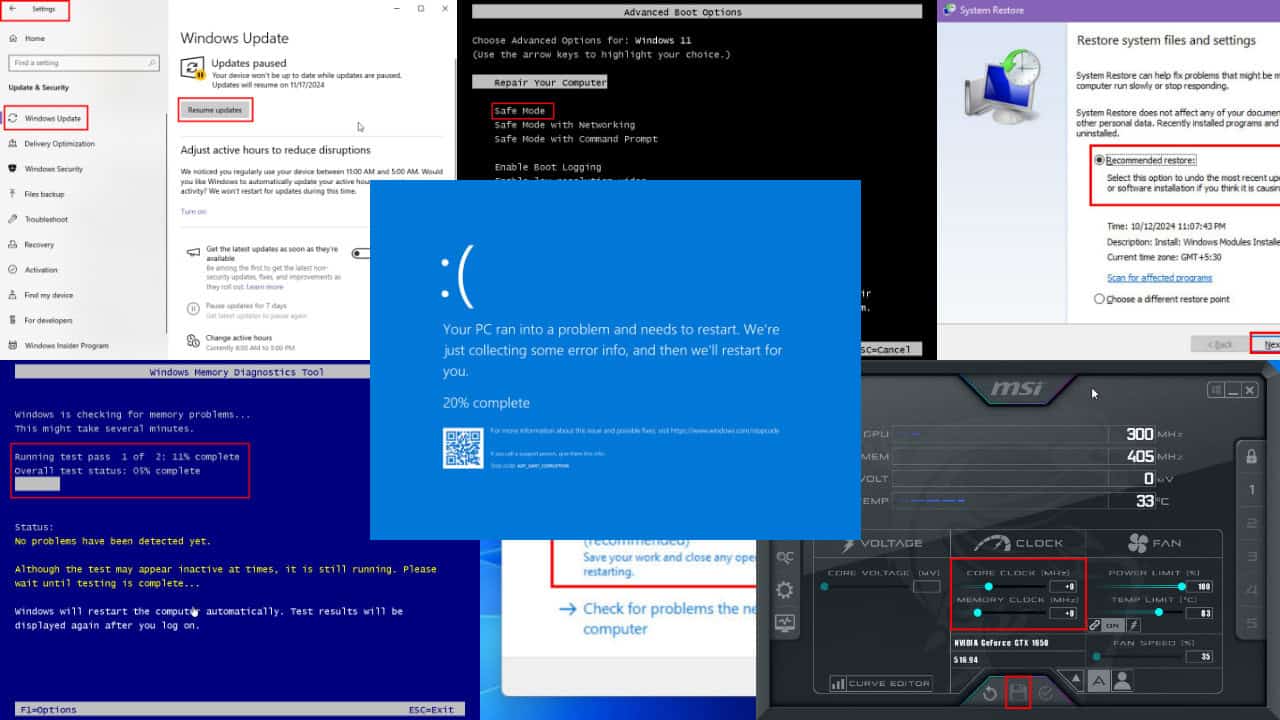
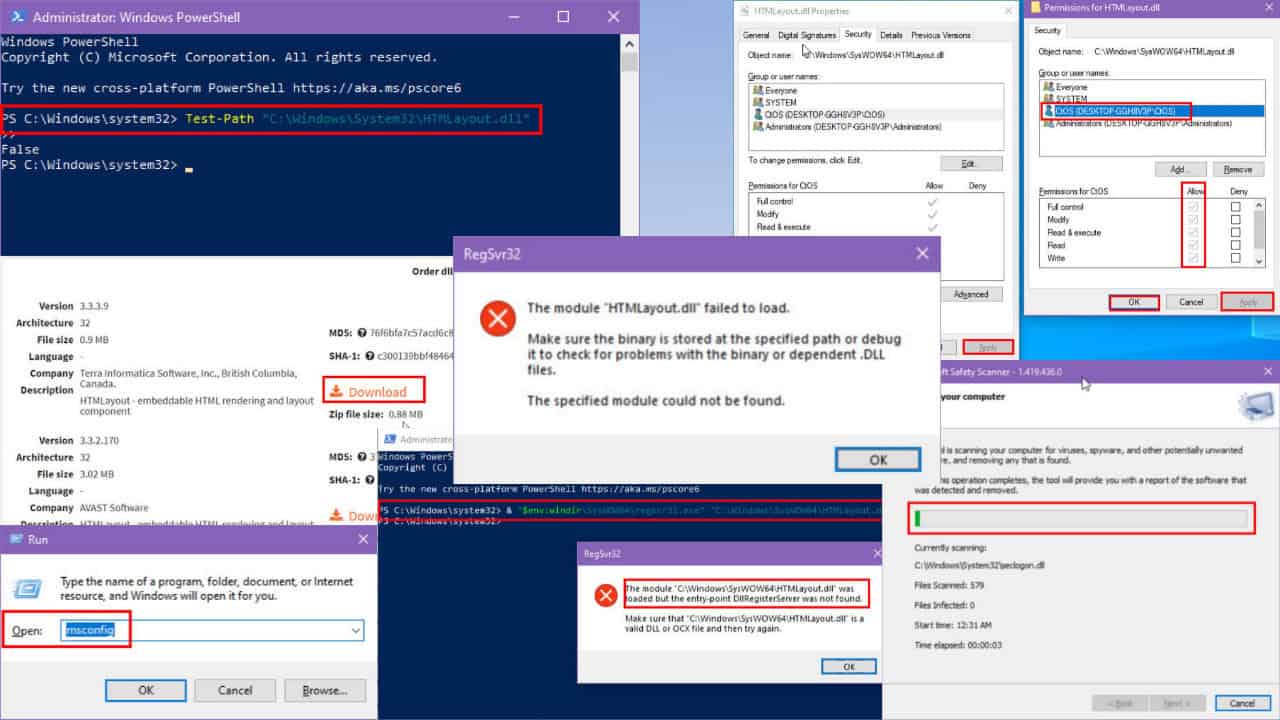
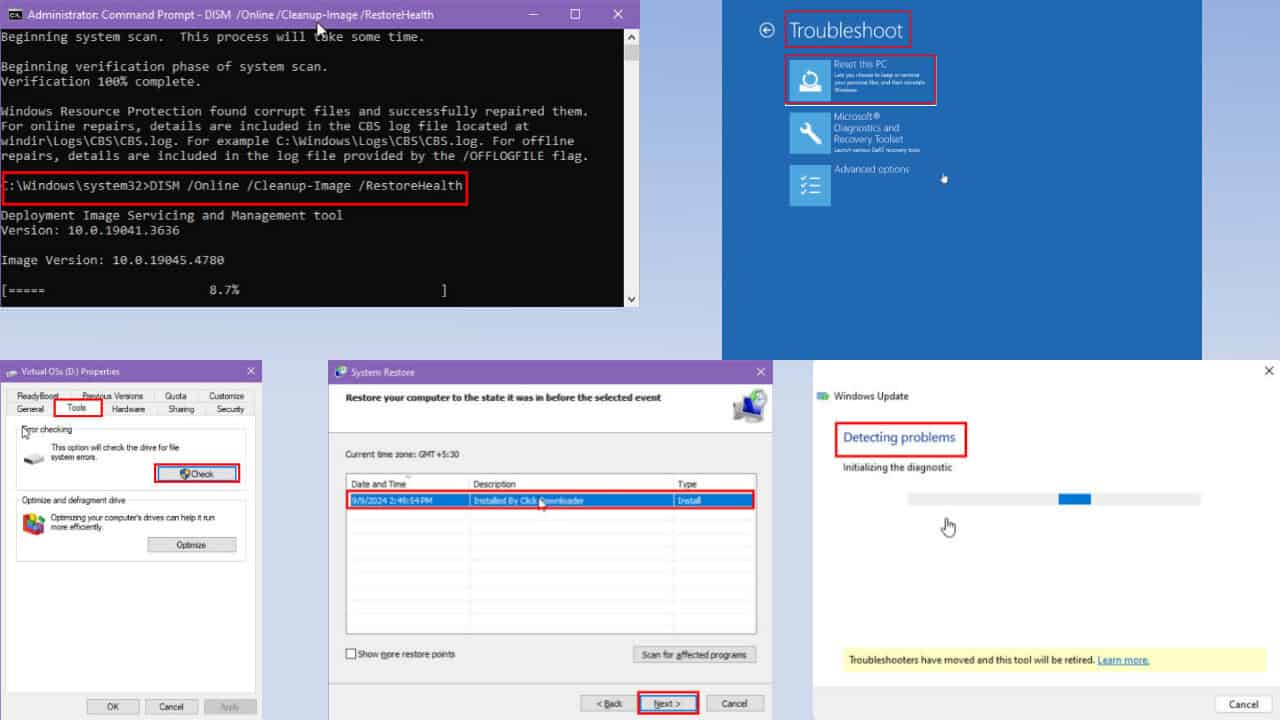
User forum
1 messages